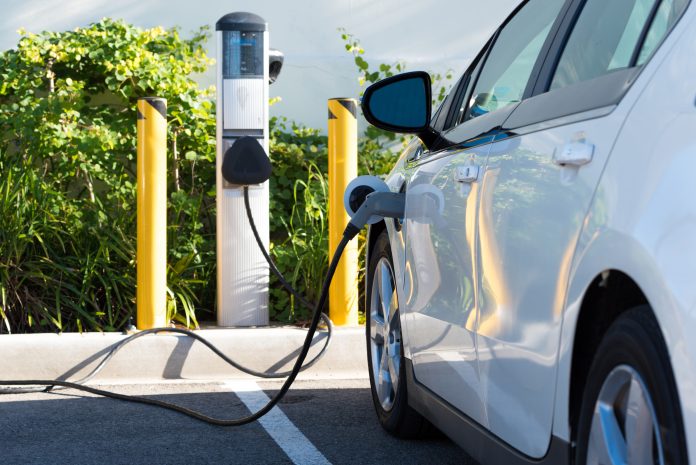According to ONS data, over 50% of UK drivers are willing to switch to electric vehicles within the next decade – theoretically, well in time for the zero emissions by 2050 goal
The survey suggests that the UK population is generally confident about making the switch to electric vehicles. As the global climate crisis continues, a cohesive approach to zero emissions will define the century now and beyond it – will humanity be able to sustain quality of life in every country, if the degree of emissions can’t be lowered?
Right now, some countries remain reluctant about the pace of phasing out fossil fuels.
“Vast majority on board” with the fight
Dr Joel Rogers de Waal, Academic Director of YouGov and not involved in this study, said: “The good news for COP26 organisers is that in every country surveyed, the vast majority are on board with the programme, at least in principle. In each national sample, most agreed that climate change is a genuine phenomenon and a considerable concern, and rejected the idea that its seriousness is being exaggerated.”
Changing everyday use of fossil fuel, especially among the general population, is a key part of reaching net zero.
Right now, most vehicles on UK roads still run on fossil fuels, with 97% of the 32.7 million registered vehicles in 2020 powered by petrol (58%, 19.1 million) or diesel (38%, 12.5 million).
By 2030, it is expected that fossil fuel vehicles will be phased out from being sold. Hybrid vehicles get a little longer, with sales stopping in 2035. After that point, most people should have an electric vehicle.
41% will switch in next 5 years
The researchers found that more than 4 in 10 of those likely to switch to electric (41%) expected to do so in the next five years. Among 16- to 29-year-old adults who own a car, 52% said they were either likely or very likely to switch to electric in the next 10 years, with similar levels among 30- to 49-year-olds (54%).
Dr Emily Shuckburgh OBE, Director of Cambridge Zero, said: “As the impacts of climate change are starting to be felt everywhere, COP26 should be seen as a vital summit where the world must deliver immediate and meaningful climate action.
“But the bad news is that most people have still barely noticed that the world leaders who can actually take the actions needed will be in our own backyard.”











